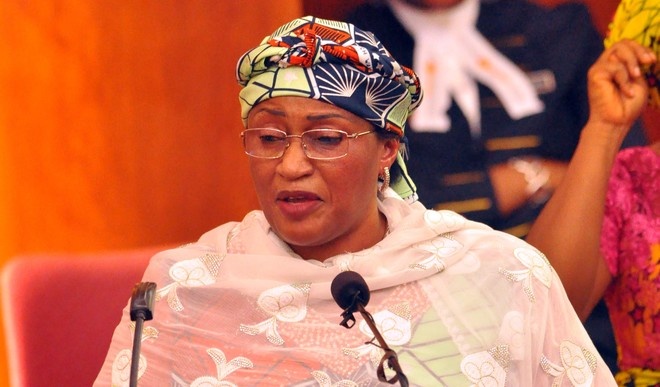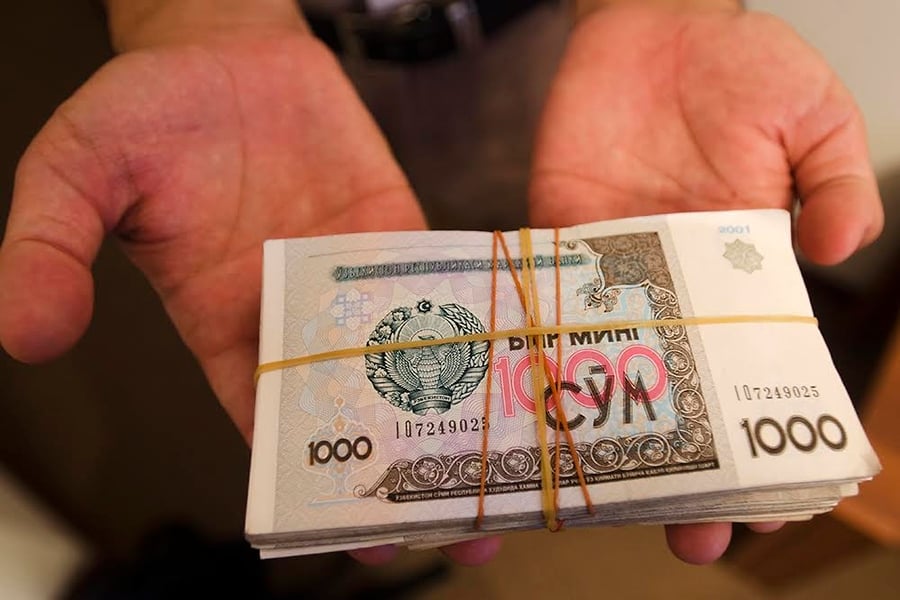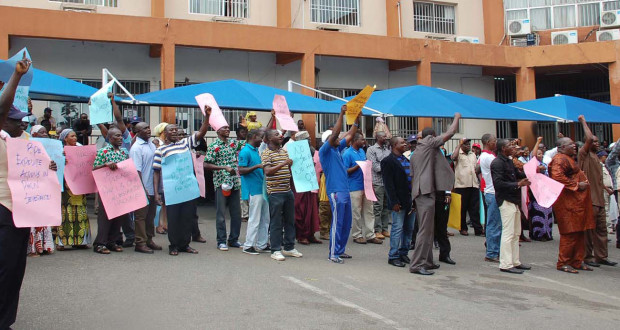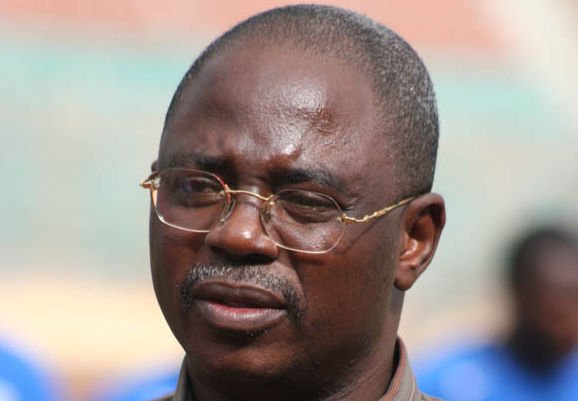Supreme court explains Mama Taraba's loss.
The supreme court on Monday said the All Progressives Congress (APC) and Aisha Alhassan, its governorship candidate in the Taraba April 11 governorship election, had no locus standi to contest the candidature of Darius Ishaku, the Peoples Democratic Party (PDP) candidate who is now governor of the state.
The court said this as it explained the dismissal of Alhassan’s appeal on February 11.
In a lead judgment delivered by Bode Rhodes-Vivour, the apex court held that Alhassan’s appeal lacked “redeemable substance”.
It held that from the evidence presented to it, Ishaku was sponsored by the PDP, contrary to the claim by Alhassan that he was not.
Advertisement
“The matter is very simple, the apex court has ruled on matters of this nature at different occasions,” it said.
“There is no way a candidate of another political party who did not participate in the primaries of another political party could suddenly rise to challenge the conduct of such an exercise.
“It is, therefore, clear that the appeals and all the cross appeals against the election of Governor Darius Ishaku of Taraba have no redeemable substance.”
Advertisement
An election tribunal in Taraba had nullified the election of Ishaku and declared Alhassan as duly elected governor of Taraba. However, an appeal by Ishiaku set aside the tribunal judgement, causing Alhassan to, once again, appeal at the Supreme court.
The apex court dismissed Alhassan’s appeal and declared that the Taraba state election tribunal grossly erred by upturning the victory of Ishaku.
Court proceeding
Before the judgment was delivered, A J Owonikoko (SAN), counsel to Alhassan, had asked the court to allow the appeal of his client on the grounds that the PDP did not conduct a primary election to nominate Ishaku, as a candidate in the election.
Advertisement
“It is not about how the primary election was held, but about whether any primary election took place,” he had said.
“We urge your lordships to allow the appeal and reverse the judgement of the appeal court.”
In his own argument, Kanu Agabi, counsel to Ishaku, had urged the court to dismiss the appeal, stating that it was a fact that the PDP sponsored his client.
He argued that Owonikoko, in his brief, identified Ishaku as duly sponsored by the PDP, hence “the appellant is bound by her own pleading”.
Advertisement
History
After the April 11 governorship election, INEC announced Ishaku as the winner with 369,318 votes while APC’s Alhassan came in second place with 275,984 votes.
Advertisement
Alhassan, dissatisfied with results, contested at the election tribunal sitting in Abuja. The tribunal upturned the victory of Ishaku at the poll and declared Alhassan winner.
Ishaku appealed the decision at the appeal court that admitted the testimony of the INEC officer, who said the PDP primaries violated sections 85 and 87 of the electoral law, but held that the APC had no locus standi on the matter.
Advertisement
Still dissatisfied, Alhassan headed to the Supreme court, which subsequently dismissed the appeal and upheld Ishaku’s victory at the polls.
Advertisement
Add a comment







